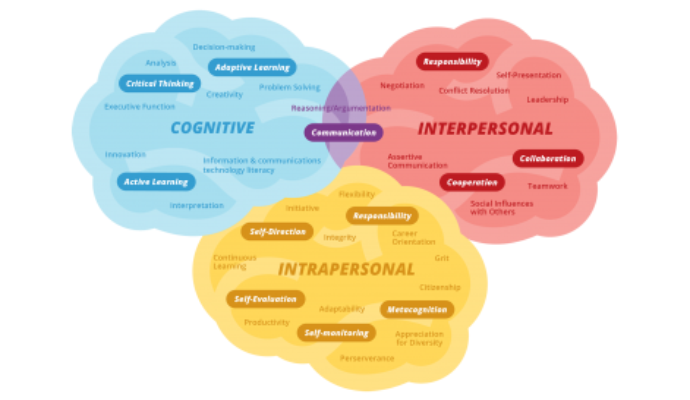Breakthrough Schools D.C. Round 3 Grantees
16 schools reimagining for more personalized and deeper learning ...

Educators are rethinking the purposes, forms, and nature of assessment. Beyond testing mastery of traditional content knowledge—an essential task, but not nearly sufficient—educators are designing assessment for learning as an integral part of the learning process.
Participating Schools:
Locations: Blachly, OR; Chandler, AZ; Gilbert, AZ; Tucson, AZ
Settings: Urban, Rural, Suburban
School Types: District
Targeted Grades: K-12
Number of Participating Students: More than 1,000
Number of Participating Teachers: 51-200
Curriculum Areas: Arts, Literacy, Math, Science, Social Studies, Interdisciplinary
The Team:
WestEd
Blachly School District #90 (OR)
Chandler Unified School District #80 (AZ)
Higley Unified School District (AZ)
Sunnyside Unified School District (AZ)
The team is piloting a personalized, video-enabled professional learning experience for teachers, and engaging leaders in developing systemic supports to build teacher and leader capacity for increased student agency in learning and assessment. Four districts that have participated in WestEd's Formative Assessment Insights course are extending their professional learning through this Student Agency in Assessment and Learning project, which is grounded in the National Research Council's framework of competencies for deeper learning. The goal is to increase district capacity for student-centered learning and assessment. During two ten-week modules, teachers participate in Video Study Groups (VSGs) in which groups of four teachers give and receive peer coaching using video clips of their practice. School leaders participate in a parallel learning model.
Learning and assessment relationships will be transformed when…
In such classrooms, students will increasingly develop the inter- and intrapersonal skills that are essential for student agency in learning and for college and career readiness.
The project team’s focus is on the instructional strategies that allow students to develop competencies to own a significant amount of their own assessment and learning and the leadership systems that support such strategies. They want to learn how to personalize professional learning for teachers in the same way that teachers must strive to address unique qualities in their students.
--
Figure: Framework for exploring student agency in assessment and learning (NRC, 2012).